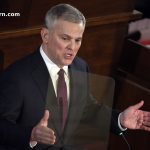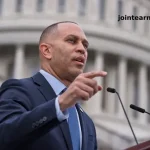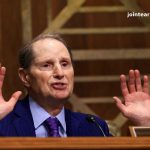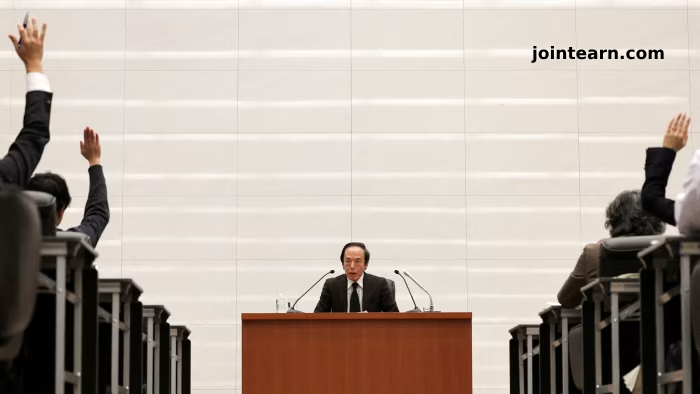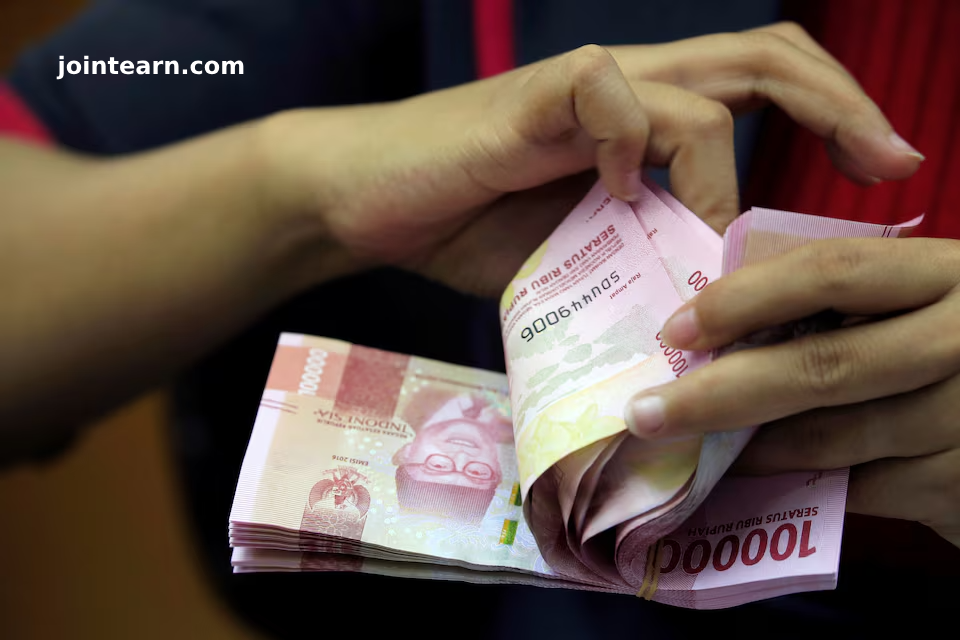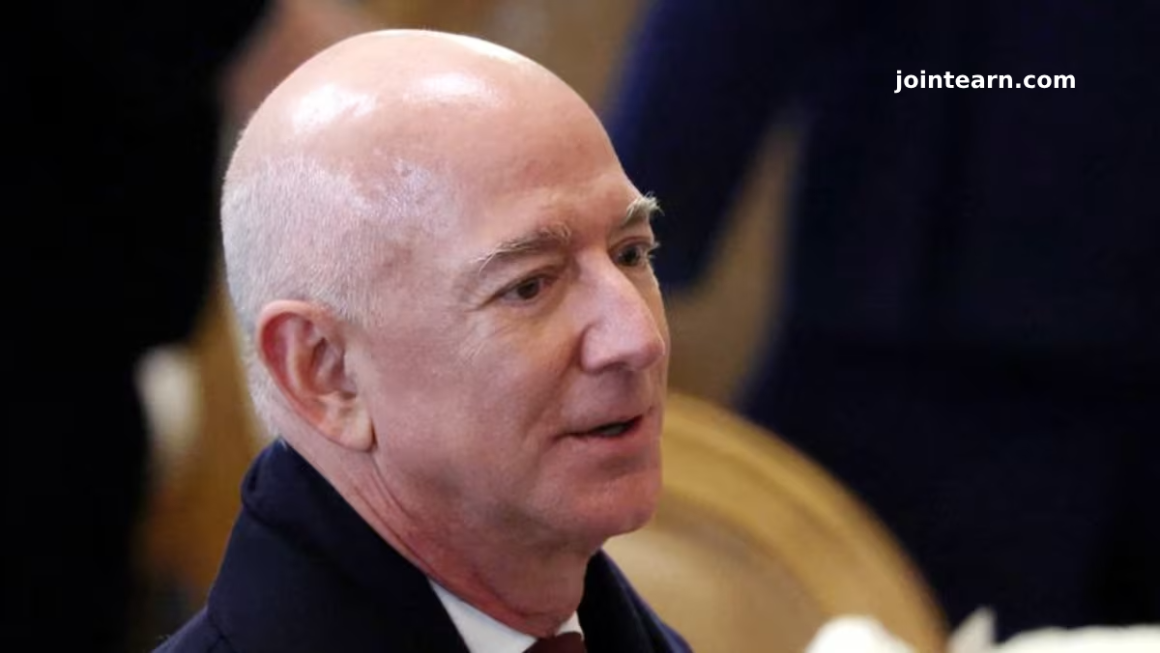Bank of Japan (BOJ) Governor Kazuo Ueda addressed the press, confirming that the BOJ will maintain current interest rates while revising its growth projections downward. Ueda’s comments centered on the uncertainty surrounding U.S. tariffs, which continue to influence global economic trends, particularly in Japan, the world’s fourth-largest economy.
BOJ Maintains Interest Rates Amid Global Uncertainty
At the press conference, Governor Ueda confirmed the BOJ’s decision to keep interest rates steady, despite challenges arising from global trade tensions. The Bank also adjusted its growth forecasts for fiscal 2025 and 2026 due to external factors, notably the uncertainty caused by rising U.S. tariffs. However, Ueda remained confident that Japan’s inflation is on track to meet its 2% target over the medium term.
Impact of U.S. Tariffs on Japan’s Economy
Governor Ueda outlined the significant implications of U.S. tariffs on Japan’s economic outlook. He noted that the tariffs have led to a slowdown in global growth, adversely affecting corporate profits and creating hesitancy in household and business spending. However, Ueda forecast that this downward pressure would gradually diminish as global economies experience a moderate recovery.
Inflation and Wage Growth Outlook
Despite a downgrade in Japan’s growth forecasts, Ueda assured that inflation would remain on course to hit the BOJ’s 2% target, although the timeline for this convergence is expected to extend. He noted that inflation could face temporary stagnation but would eventually rise again. Additionally, he emphasized the critical role of wage growth in sustaining inflation, predicting that the labor shortage would continue to support a positive cycle of rising wages and inflation in the long term.
Uncertainty Around U.S. Trade Policy
The BOJ’s revised forecasts reflect the heightened uncertainty surrounding U.S. tariffs. Ueda acknowledged that the impact of the tariffs on Japan’s economy remains significant but cautioned that the BOJ would continue to monitor economic indicators closely. He stressed the importance of flexible policy responses, acknowledging that developments in trade negotiations and global supply chains would shape the BOJ’s future decisions.
Real Interest Rates and Monetary Policy
Governor Ueda highlighted Japan’s persistently low real interest rates, which the BOJ uses to maintain an accommodative monetary policy. While the BOJ remains committed to supporting economic activity, the Governor stressed that rising uncertainty due to tariffs would require careful monitoring and flexible policy adjustments.
BOJ’s Long-Term Inflation Strategy
Ueda reassured the public that despite the delays in achieving the 2% inflation target, the BOJ’s strategy of gradual monetary tightening remains intact. The BOJ is committed to maintaining support until inflation reaches sustainable levels. Ueda emphasized that any future rate hikes would be aligned with the trajectory of inflation, with the possibility of delaying action if inflation stagnates.
Consumption Trends and Food Price Inflation
Governor Ueda noted the impact of rising food prices on consumption patterns, particularly in processed foods. However, he acknowledged that overall consumption is on the rise. Ueda explained that although food price inflation had temporarily hindered real wage growth, the outlook for real wages remains positive, which is expected to support consumption in the coming months.
BOJ’s Response to U.S. Tariffs and Natural Interest Rates
Regarding the long-term effects of U.S. tariffs, Ueda stated that the impact on Japan’s natural interest rates remains uncertain. While prolonged tariffs could potentially alter resource distribution and impact natural interest rates, it is still too early to gauge their full effect on Japan’s economic policies.
In conclusion, while BOJ Governor Ueda expressed caution regarding external factors such as U.S. tariffs, he reaffirmed the Bank’s commitment to achieving price stability and fostering economic growth through careful monetary policy management.

